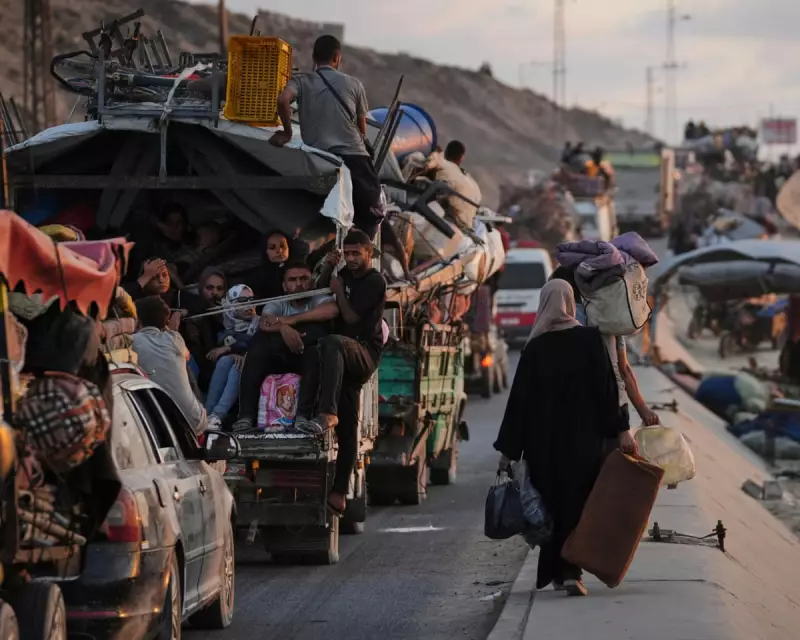
A scathing United Nations report has delivered a stark condemnation of Israel's military actions in Gaza, accusing it of engineering a full-scale famine by deliberately depriving civilians of food, water, and aid in what constitutes a war crime.
A Strategy of Starvation
The findings, presented by UN Special Rapporteur on the right food, Michael Fakhri, outline a systematic and intentional strategy. The report states that Israel has not merely been negligent but has actively weaponised hunger as a tool of war against the Palestinian population.
This campaign is alleged to include:
- The deliberate obstruction of humanitarian aid convoys.
- The widespread destruction of agricultural land, bakeries, and food processing sites.
- Attacks on fishing fleets and critical infrastructure necessary for survival.
- The imposition of a comprehensive siege, cutting off essential supplies.
Beyond Crisis, A Man-Made Famine
The Rapporteur's assessment moves beyond describing a humanitarian crisis, explicitly labelling the situation a man-made famine. The report argues that Israel's actions demonstrate a clear intent to use hunger to inflict suffering and death upon civilians, a direct violation of the Geneva Conventions.
This method of warfare, targeting the very means of survival for an entire population, is identified as a grave breach of international humanitarian law.
Targeting the Defenders
In a deeply concerning adjunct to the main findings, the report also highlights the severe targeting of human rights defenders and aid workers who attempt to document the crisis or deliver life-saving assistance. These individuals face intimidation, violence, and arbitrary detention for their crucial work.
A Call for Accountability
The UN report serves as a powerful call to the international community. It urges individual states to fulfil their legal obligations by not being complicit in these acts and to take decisive steps to hold the perpetrators accountable. The findings add immense weight to growing global legal and diplomatic efforts to address the conduct of the conflict.





